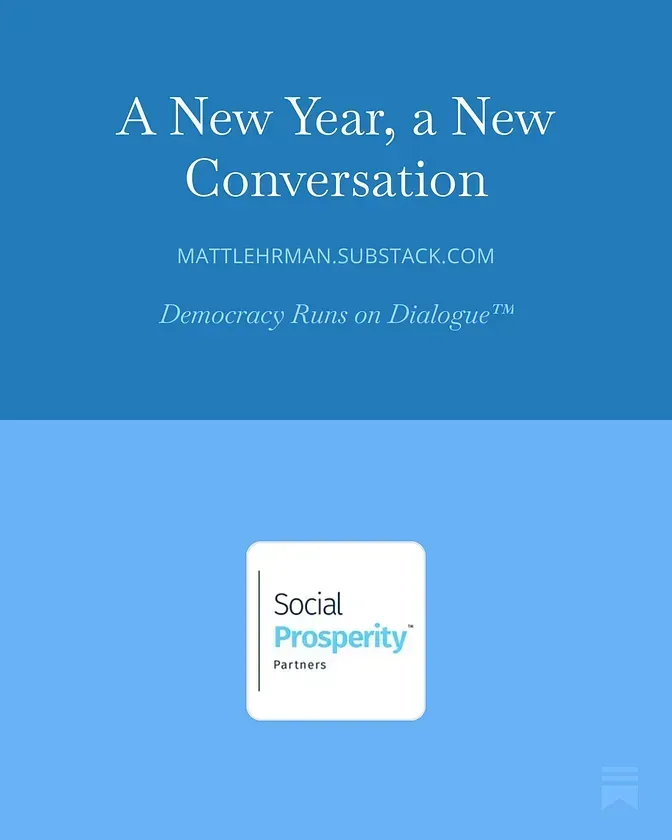Overcoming obstinance, demagoguery & ideologues.
Let's sharpen our thinking about how to respectfully address the brick wall of obstinance, demagoguery and ideologues.
This week and next, I’ll be delivering the annual conference opening keynotes for the South Carolina School Boards Association and the Kentucky School Boards Association.
Given the particular complexities and passions of school board governance everywhere, I’ve spent the past few weeks sharpening my advice on how all sorts of local leaders should respectfully address:
- Obstinance - stubborn adherence to an opinion, purpose, or course despite reason, arguments, or persuasion.
- Demagoguery - political activity or practices that appeal to emotion and prejudice rather than to rational argument.
- Ideologues - zealous partisan adherents to an inflexible or unyielding ideology.
I can’t over-emphasize the word “respectfully.” Engaging with anger and obstinance may be stressful and time consuming, but even such protest is a fair price for the right to free speech that’s a cornerstone of our democracy. Successful leaders don’t shut down disagreement, they focus on bringing people together in ways that aim to leave everyone feeling connected, respected, and heard. There’s no guarantee of consensus, but we can surely aim for community decision-making that’s grounded in inclusion, empathy, and strengthening trust.
Still, communities must make choices and its leaders bear the (sometimes thankless) responsibility to drive that process forward. And so I offer 4 quick pieces of advice for leaders to respectfully overcome obstinance, demagoguery, and ideologues:
- Verify your facts & clarify your rationale - Informed decision-making depends on objectivity, accountability, and transparency. Don’t hesitate to share facts and the method by which you came to a position about what to do as a result.
- Increase Participation - Engage more people in the process of consideration. The goal isn’t to drown out the protestors but to help distinguish individual hardheadedness from a keen insight that warrants even greater attention.
- Broaden Places of Courageous Conversation - Create more opportunities for people to participate in community decision-making. A truly “courageous” community conversation provides forums for people to explore all sorts of creative possibilities and sparks their abilities to connect, take initiative, and exercise their own leadership.
- Practice Patience, Diligence & Self-Care - Did you get involved in community leadership with the hope of making it better? Then don’t stop now - because that’s the work that you’re actually doing. Yes it’s hard. But don’t lose sight of why you got started. And please don’t forget to take care of yourself (and your loved ones) in the process.
As always, THANK YOU for the difficult, stressful, and incredibly important work that you do as a community leader.
Is this helpful? Got other advice to share? I’d love to hear your thoughts! Write me at: Matt@SocialProsperity.us.



